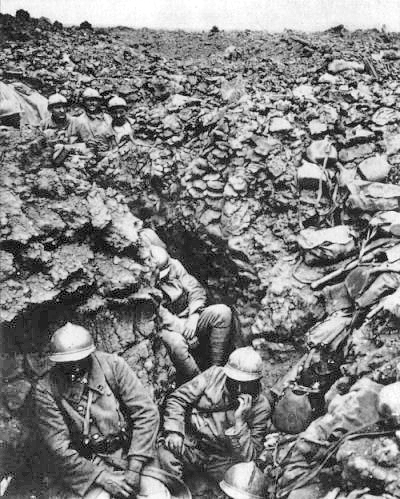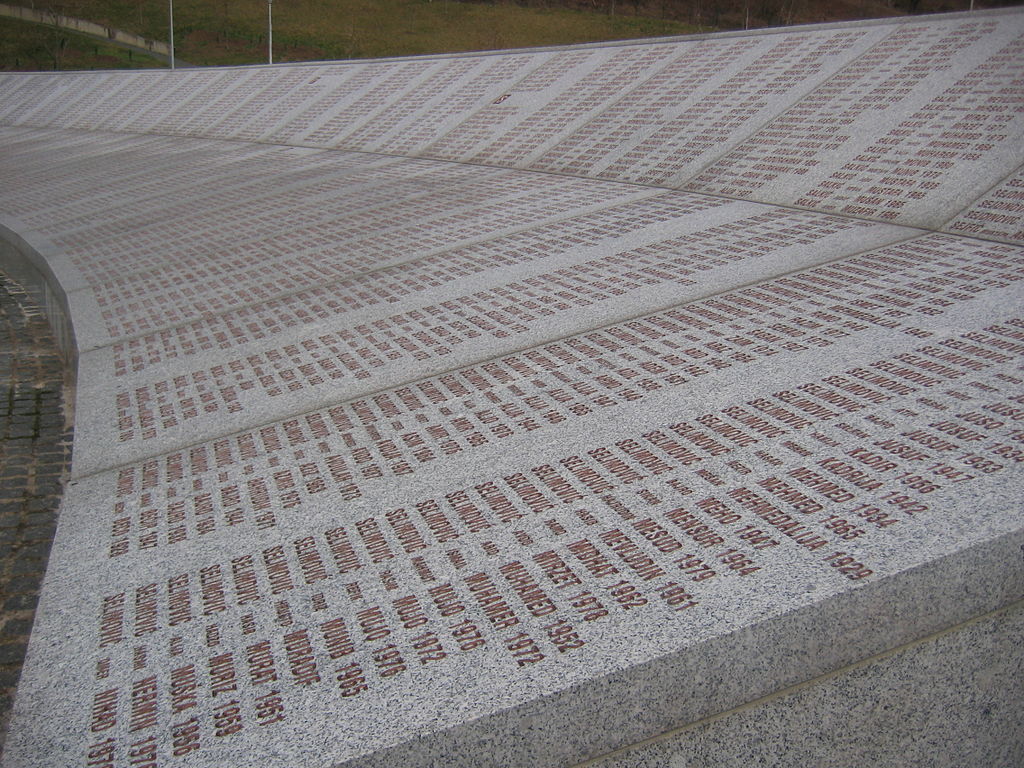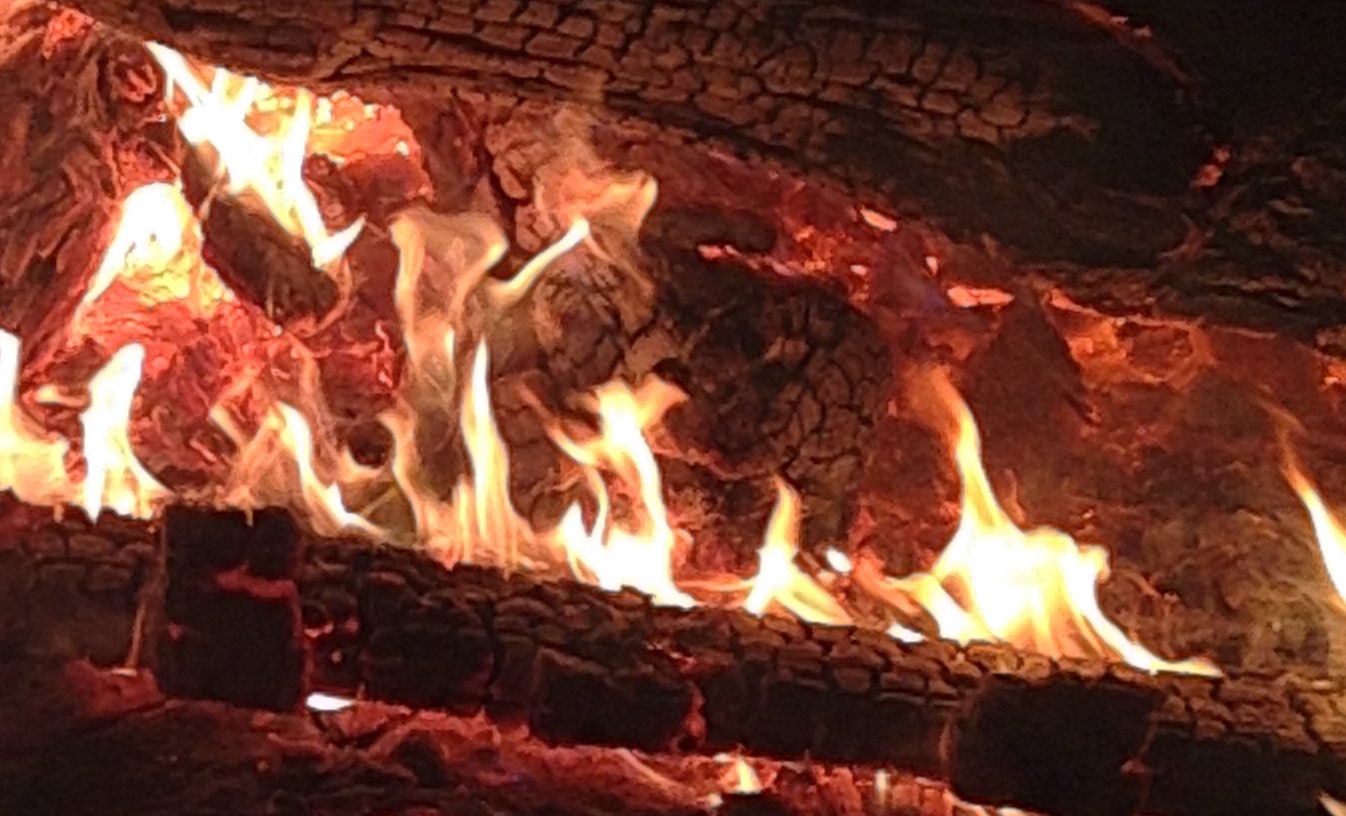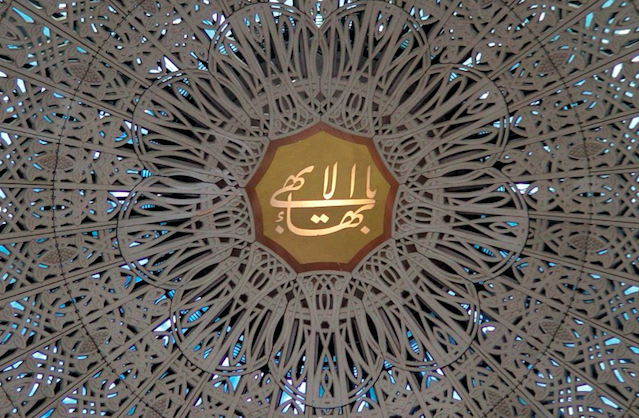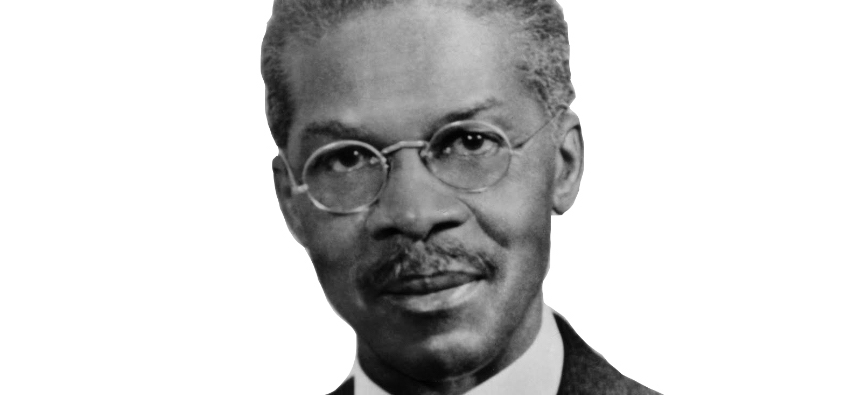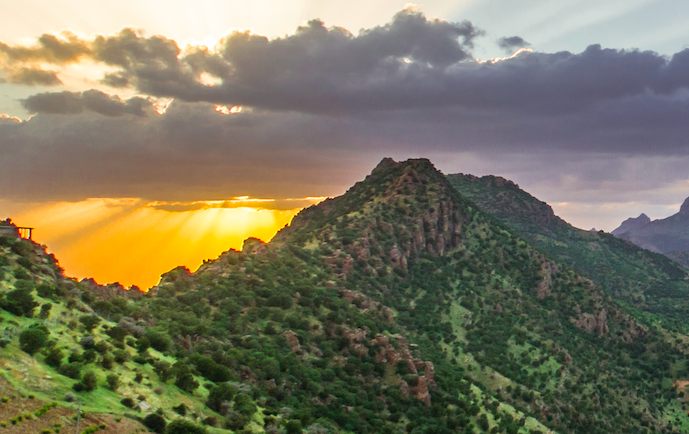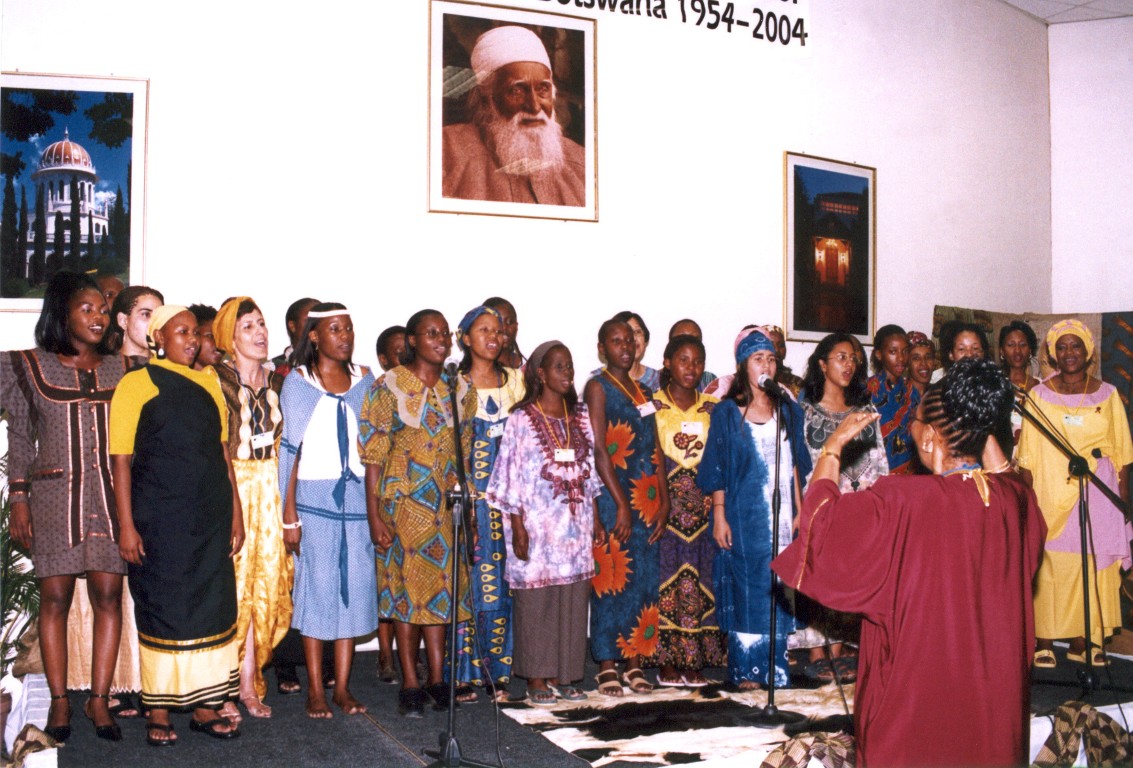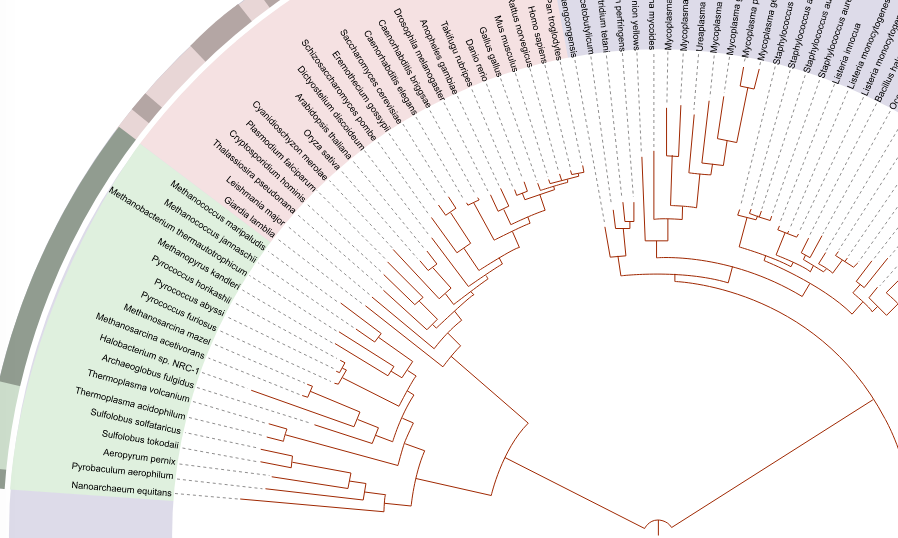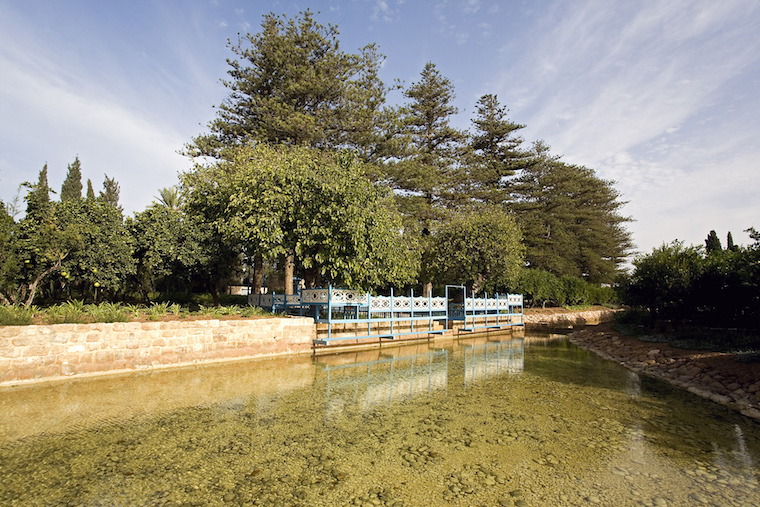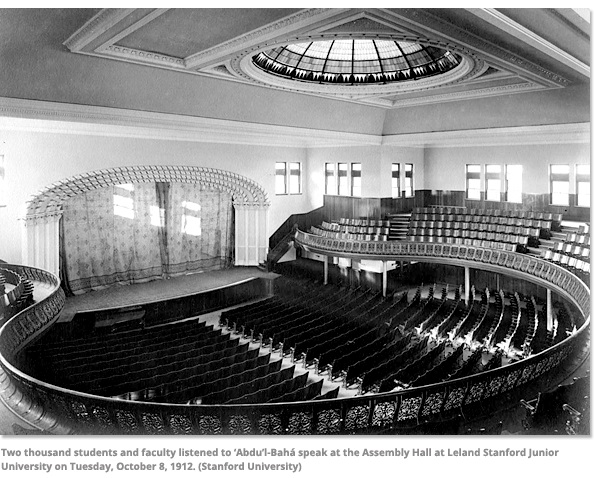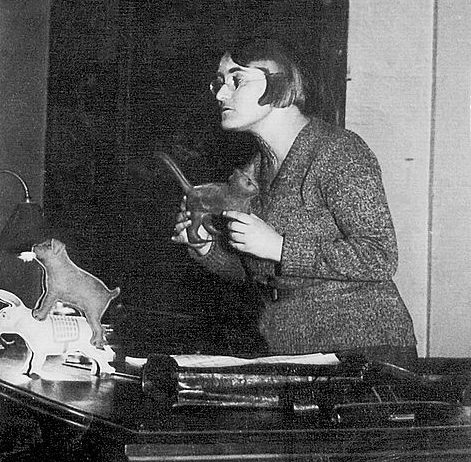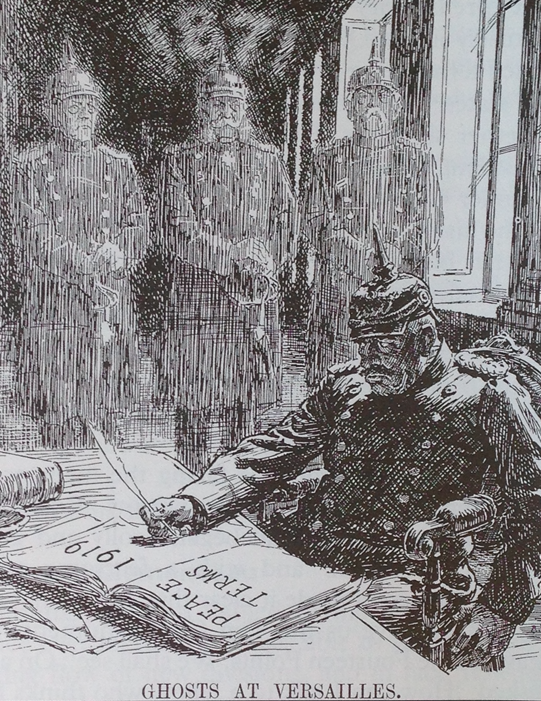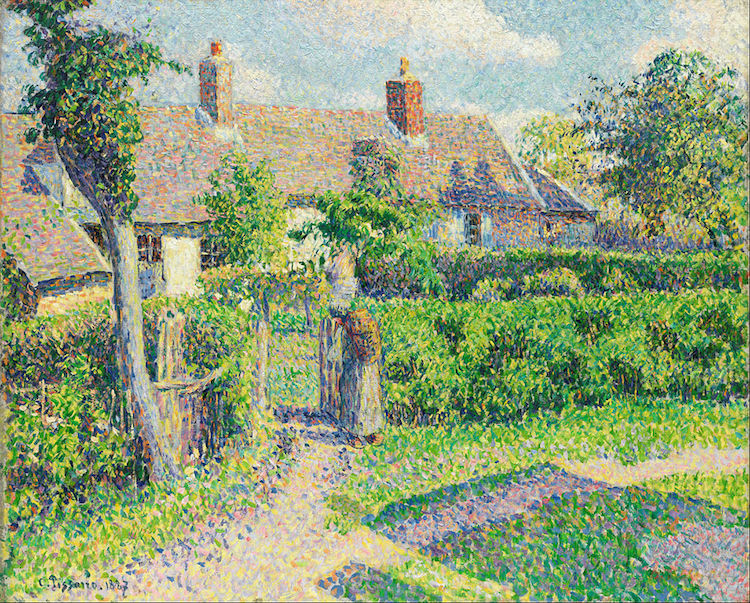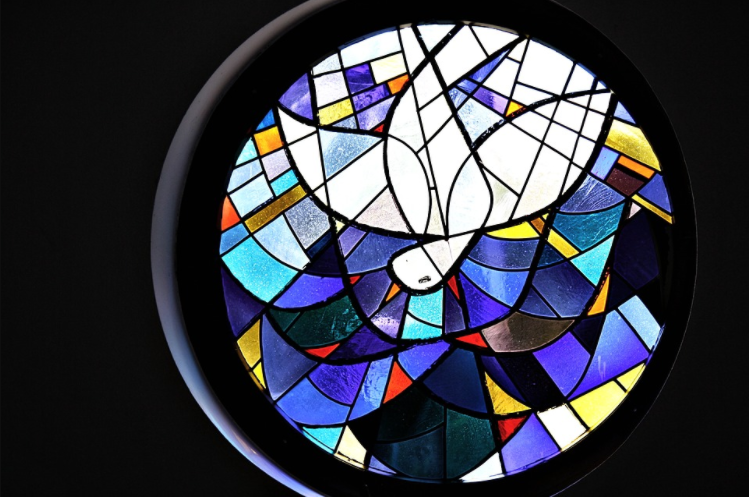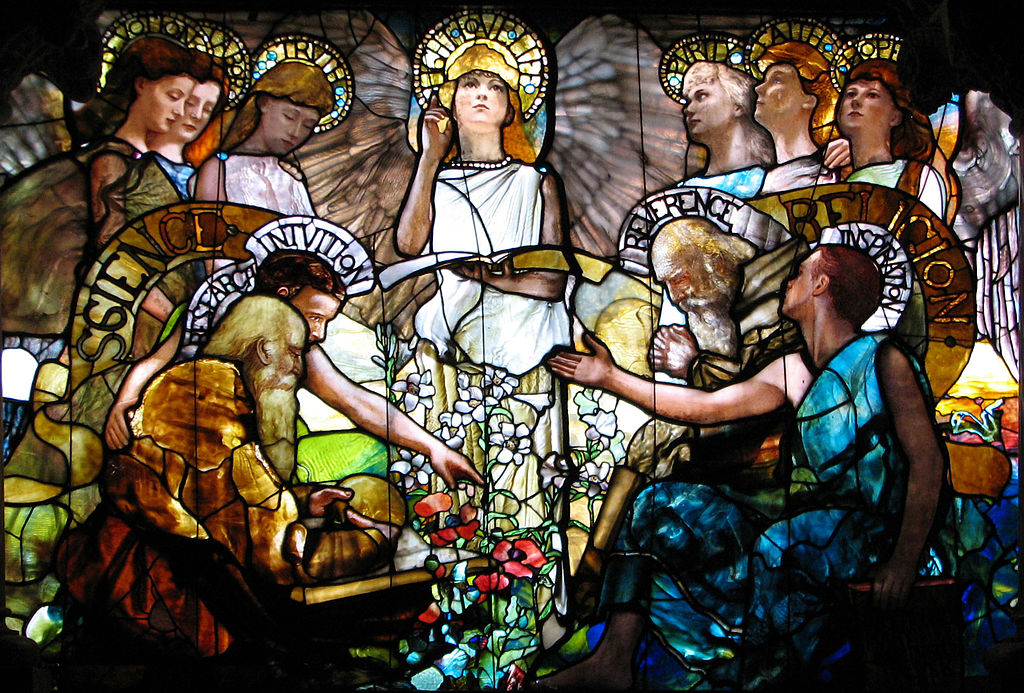World Peace
-
Waging Peace in the Midst of War
As we have already seen, during World War 1 Abdu’l Baha wrote a series of letters to the Baha’is of North America. While the world was waging war, Abdu’l Baha was waging peace. This is the first of a series of articles with the aim of placing these letters in the context of events occurring in the war about the time the letters were being written. The letters could not be delivered until after the war. 26 March 1916 On this day allied delegates were arriving in Paris for an allied conference. The French government, which had convened the meeting, wished to ensure that no government would separately conclude peace…
-
Human Nature and the Temple at the Dawn of Time: Gobekli Tepe
In the last twenty or so years archeologists have excavated a temple that was built so long ago that no human being had yet thought of planting a crop. It was built so long ago that only stones and bones were used to create it and the many works of art that adorn it. The temple was built before the wheel, before animal husbandry and before the creation of pottery. It precedes large scale government. It precedes the invention of armies, cities and empires. It was created by people who hunted and gathered to collect their food. The temple’s scale forces us to rethink everything we thought we knew about…
-
A Stronger Thought of Peace
When a thought of war comes oppose it with a stronger thought of peace. It is such a striking statement that it often comes to mind. It appears in a talk given by Abdu’l Baha in Paris in 1911. I charge you all that each one of you concentrate all the thoughts of your heart on love and unity. When a thought of war comes, oppose it by a stronger thought of peace. A thought of hatred must be destroyed by a more powerful thought of love. Thoughts of war bring destruction to all harmony, well-being, restfulness and content. Thoughts of love are constructive of brotherhood, peace, friendship, and happiness.[1] Often Abdu’l Baha’s words have a simplicity and clarity that bely their depth. It is a…
-
Plan B – The Lesser Peace
* * * As noted previously, Bahá’u’lláh wrote to kings and rulers. He did not expect them to accept his proclamation of messianic fulfilment. Indeed he knew they would not. In his message to Queen Victoria he sets out an alternative for the world’s rulers: an alternative he refers to as the Lesser Peace. Now that ye have refused the Most Great Peace, hold ye fast unto this, the Lesser Peace, that haply ye may in some degree better your own condition and that of your dependents. O rulers of the earth! Be reconciled among yourselves, that ye may need no more armaments save in a measure to safeguard your territories and dominions.…
-
The Interconnection of All Things
All things are interconnected. … every part of the universe is connected with every other part by ties that are very powerful and admit of no imbalance, nor any slackening whatever.[1] When Abdu’l Baha made comments of this kind he had in mind the interconnection between the material, plant, animal and human kingdoms. The atoms that make us up transition between these worlds remaining unchanged in their essence although entirely transformed in their outward characteristics. Indeed we could not exist but for the fact that the atoms that make up our bodies were long ago manufactured in the nuclear processes of a star. As each component atom or element in…
-
Higher Learning – Science and Peace
During his journey through North America Abdu’l Baha visited a number of universities. He spoke at Columbia University in New York, Howard University in Washington DC and Stanford University in Palo Alto. Much of my life is associated with universities. So these talks have special meaning at a personal level. Particularly at Columbia and Stanford, Abdu’l Baha’s spoke about science and peace – another implication of harmony of science and religion. At Howard University – at the time a university established to provide educational opportunities for African American students – Abdu’l Baha spoke of oneness of humanity and the importance of love between black and white Americans. At Colombia University, Abdu’l Baha…
-
We Are One – Bahá’u’lláh’s Teachings Against Violence
Human beings are not inherently violent. But that we have a problem with violence is undeniable. How many times have prophets, poets, philosophers and philanthropists of all kinds called us to love and peace? Yet how many times have human beings found (indeed continue to find) excuses for violence? In this article five aspects of Bahá’u’lláh’s teachings against violence are discussed: individual violence, religious violence, political violence, domestic violence and interstate violence. An aspect of the oneness of humanity – that human beings ought be like “one soul and one body” is that violence between human beings ought become a thing of the past. Bahá’u’lláh wrote: … it is Our purpose, through…
